New Low for Quick-Service Restaurant Cap Rates
The e-commerce-resistant QSR category logged a significant year-over-year decrease in acquisition yields, according to The Boulder Group’s new report.
The net lease quick service restaurant market experienced something new midway through the year, according to The Boulder Group’s QSR Net Lease Report for this year’s second quarter. Cap rates in the retail subsector continued their decline and dropped to their lowest point ever.
READ ALSO: Net Lease Dollar Store Investors Pile Into Larger Markets
While the overall retail net lease market recorded an increase in average cap rates to 6.23 percent in the second quarter, the overall QSR cap rate fell to 5.39 percent, from 5.5 percent in the second quarter of 2018, marking a year-over-year decline in basis points that was nearly double that seen from 2017 to 2018, when the figure dropped 6 basis points. Corporate QSRs recorded the lowest cap rate, just 5.2 percent, with Chick-fil-A and McDonald’s properties pushing the average down, with respective cap rates of 4.05 and 4.08 percent. Franchise QSR cap rates dropped to 5.68 percent, and whereas Taco Bell saw the lowest cap rates of the group at 5.43 percent, Wendy’s franchises logged the sharpest year-over-year decline, a 12 basis-point drop to 5.5 percent. Cap rates dropped for most executive and franchise properties, but there were exceptions: Cap rates for Starbucks stores rose 8 basis points and jumped 17 basis points for Pizza Hut locales.
How low QSR cap rates will go remains to be seen, but additional decline is in the forecast—for some properties. “We anticipate that cap rates will likely go down further for the best assets such as major market locations and properties that exhibit strong performance metrics. However, for the average property, we expect cap rates to remain relatively stable,” Randy Blankstein, president of The Boulder Group, told Commercial Property Executive.
What investors want
Retail real estate investors remain quite keen on the single-tenant net leased QSR market, drawn like bees to honey to the subsector for its e-commerce-resistant or “Amazon-proof” nature. Owners are also attracted to the property type’s inherent tenant financial transparency—performance is easily trackable via store-level sales and profit & loss statements—as well as its service convenience.
Among net lease investors, private and 1031 buyers dominated in the first half of 2019, purchasing more than 80 percent of the properties sold, compared to institutional investors’ claim of 20 percent of purchases. “This is well above average, as retail as a whole is only 70 percent private buyers,” noted Blankstein. “The reason that private buyers dominate this market is due to the fact that QSR properties trade at a premium to the market as a whole and thus the cap rates are tough to make work for institutional return thresholds.” The notable rise in private investors’ presence in acquisitions in the first half of 2019 came as somewhat of a surprise, given the group accounted for 75 percent of QSR properties sold in 2017 and 2018.
Looking ahead, survey participants anticipate the QSR sector will remain stable for the second half of 2019. However, some change is brewing. “The recent decline in the 10-year treasury has caused many QSR operators to take a second look at the sale-leaseback market to take advantage of the current window of opportunity with the historically low cap rates. Accordingly, we expect a significant increase in sale-leaseback volume in the next several months,” Blankstein said.



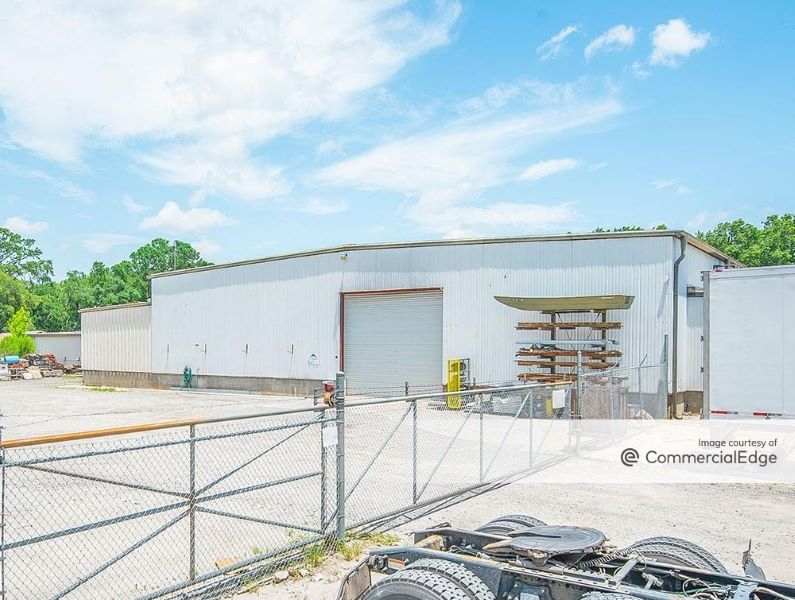
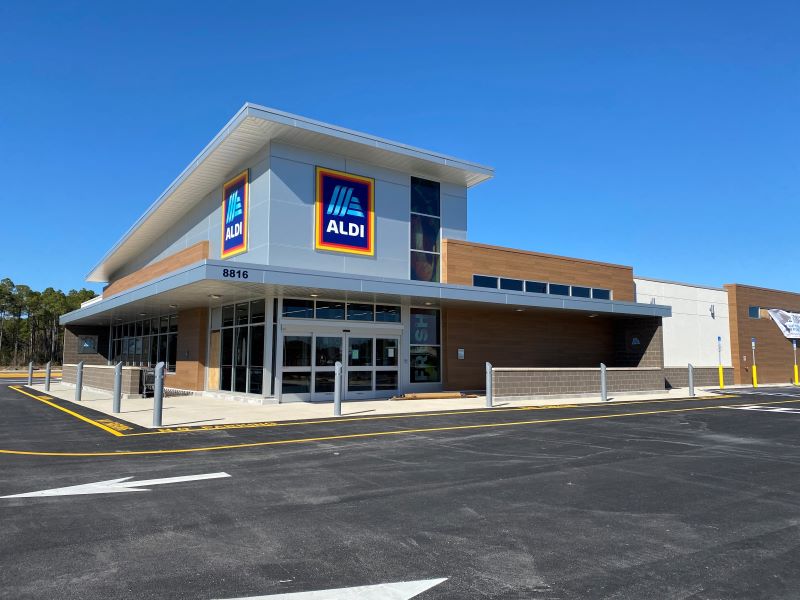
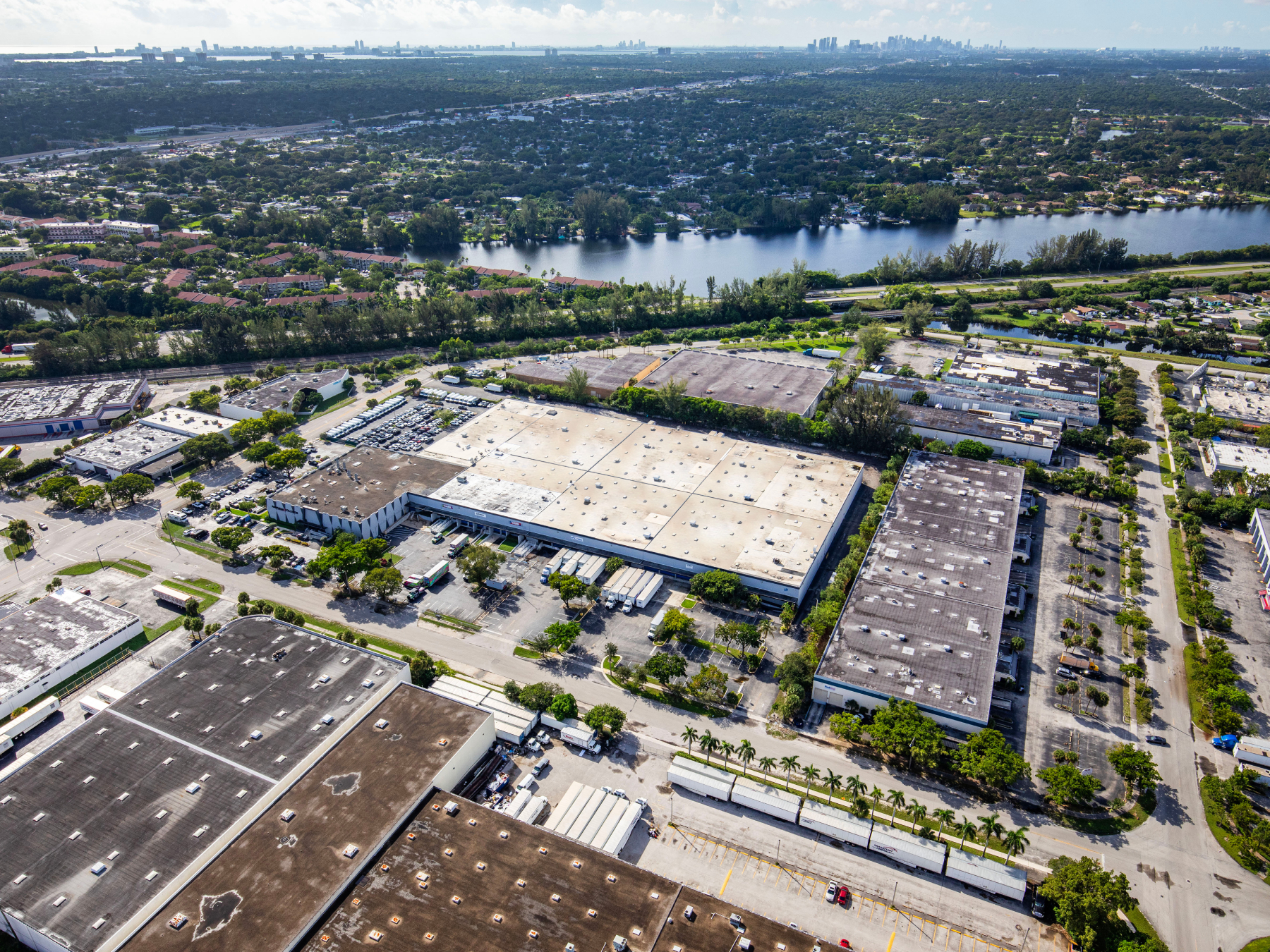
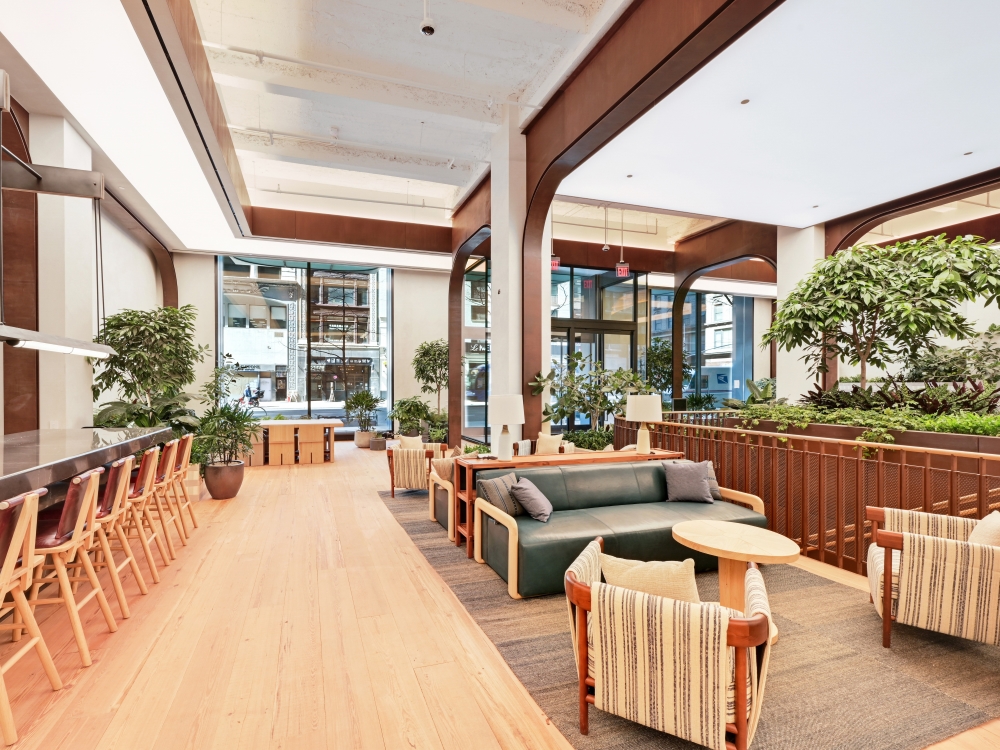
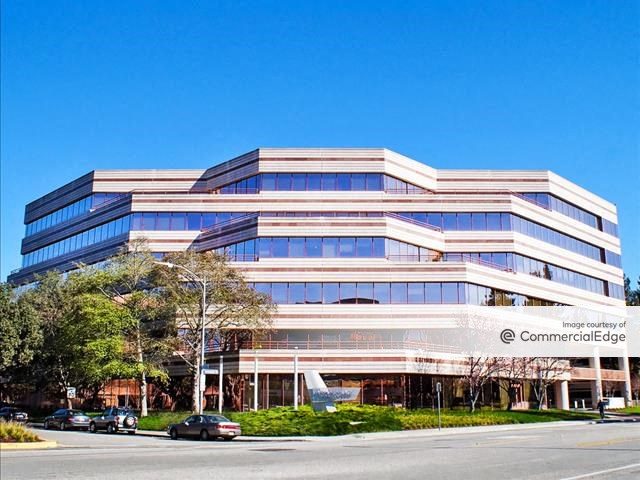
You must be logged in to post a comment.